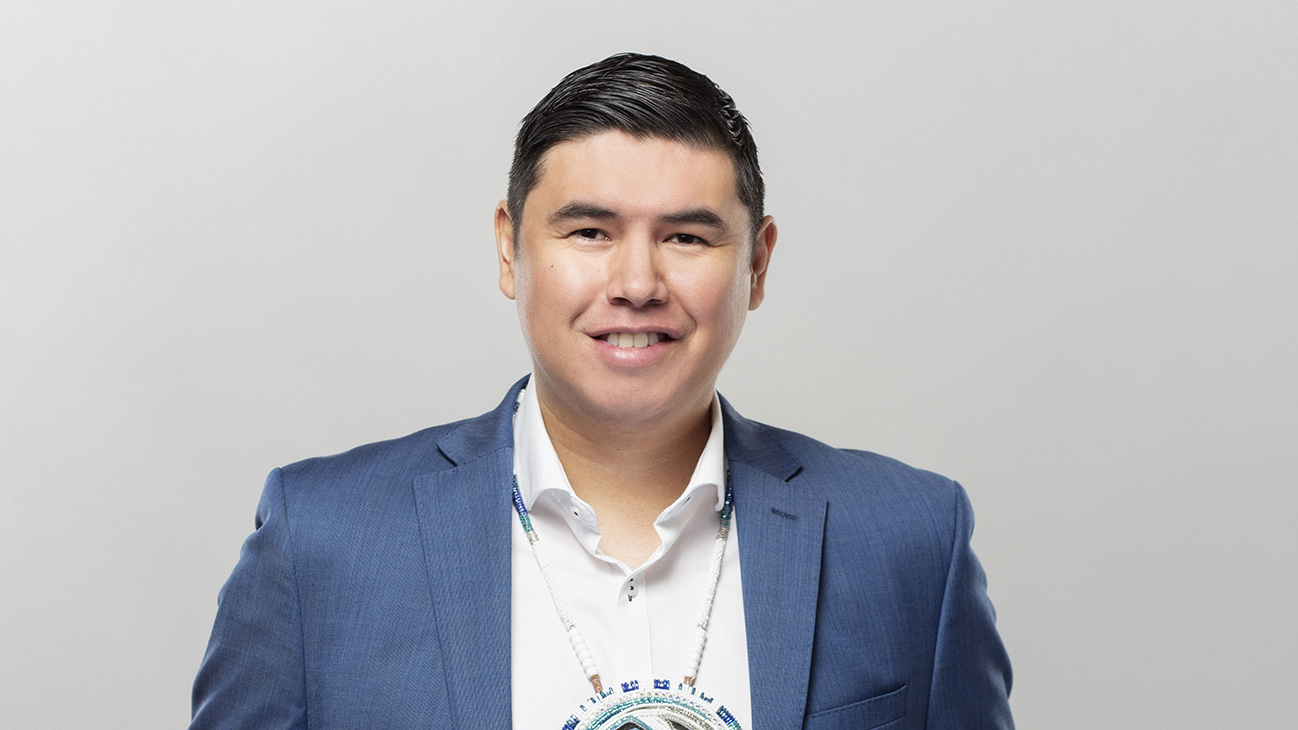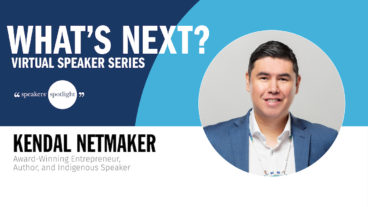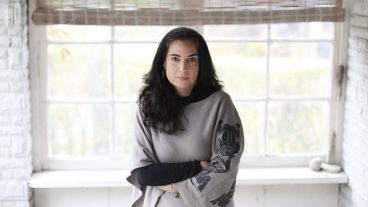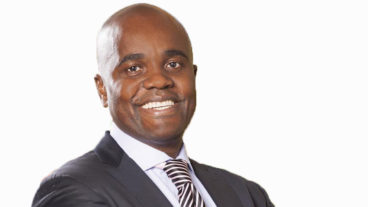Indigenous peoples face a significantly low employment rate compared to non-Indigenous peoples yet are the fastest growing population in Canada. There is a huge opportunity for employers to attract a whole new cohort of talent with diverse experiences to contribute to the impact of their organization, both internally and externally.
Kendal Netmaker — an award-winning entrepreneur and Indigenous speaker — speaks to this in his keynote, “The Future of Indigenizing Work”. In an interview with BNN, he said:
“We are in a unique time right now in this country where we need to not only acknowledge all the history that’s happened, we need to educate our children, our employees, and our team leaders, because we are in a time where we can heal together. But it’s a decision we all need to make so we can educate one another and, more importantly, work together.”
In that same interview, Kendal outlined five things leaders should know in order to build more inclusive and welcoming workplaces for Indigenous people.
1. Eye Contact is Disrespectful
There is a misconception about Indigenous people and eye contact, Kendal said to BNN. While mainstream culture views eye contact as respectful, it means the opposite for many Indigenous people. To look someone in the eye and maintain eye contact is disrespectful, Kendal said. Instead, Indigenous people will make eye contact and quickly look away to show respect.
2. Greet with a Handshake
Upon meeting, Indigenous people will always greet each other with a handshake, Kendal said. During COVID, this adapted into a fist bump, elbow bump, etc., but there is always a physical form of greeting.
3. Respect Indigenous Language and Culture
Some Indigenous people may have a very strong accent because their first language is their native language. Some may also wear braids or part of their traditional regalia in the public. Please be respectful of their choice, Kendal said, and don’t mock or ask too many questions. Accept that this is how they choose to live their life.
4. Not all Indigenous People Grow Up on Reserves
There is a growing number of Indigenous populations in urban centres in this country, so the Indigenous talent you may meet will be people from both on and off reserve.
5. Intergenerational Trauma is Very Common
Many Indigenous people in this country are carrying intergenerational trauma, primarily caused by the residential school system, Kendal said. Please honour the people who never came back from those schools.
Hear more from Kendal in the interview below:
Kendal Netmaker is a master storyteller who uses his natural gift to help people shift their mindset and find the success they seek. He speaks on Indigenous culture, resilience, leadership, and the power of telling your story, weaving his real-life experiences into motivating lessons.
Interested in learning more about Kendal and what he can bring to your next event? Email us at [email protected].




